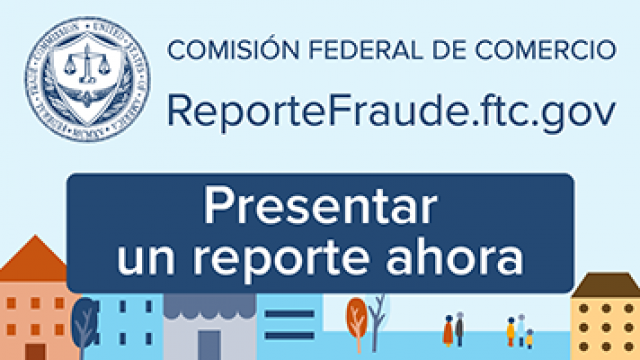Learn about the latest scams, and get advice to help you avoid, report, and recover from them.
No, that’s not your boss asking you to buy gift cards
That text or email about your “tax refund” is a scam
Can you spot a fake loan text scam?
Hang up on unexpected calls saying you owe back taxes. Those are scams
Traveling to the Olympics in Italy? Here’s how to avoid a scam
Spot the scams when fixing your credit
Looking to fix your credit? An illegal credit repair scam isn’t the answer
The National Veterans Golden Age Games are free, no matter what scammers say
Stolen funds for the holidays: Spot this military bank scam
Scammers are impersonating FTC Chief Privacy Officer John Krebs
Lights, camera, scam! Spot virtual casting call scams
Can you unbox the signs of a reshipping scam?
How to avoid an online shopping scam this holiday season
An “agent” told me to stay off the internet. Is it a scam?
Use this action plan to avoid scams
When sharing your info online leads to unwanted and unlawful telemarketing calls
This Medicare Open Enrollment season, learn how to protect yourself from scams
How To Spot, Avoid, and Report Tech Support Scams
What To Know Before Donating To Help First Responders, Active Duty Military, Veterans, and Their Families
Do you get asked to donate to your local first responders, like firefighters or police officers? Or see appeals asking you to help veterans?



